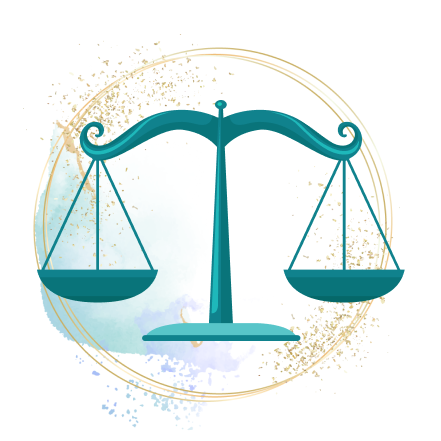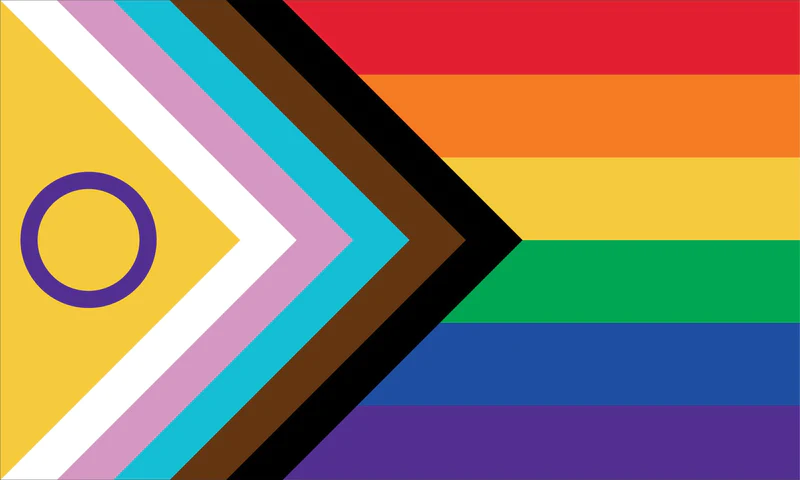
Plenty of barriers remain in Higher Education to date. Although many valuable efforts are already being undertaken worldwide, access to and pathways through European higher education are still not equitable. ROCKET seeks to contribute to the task of countering existing challenges by reducing barriers linked to gender, age, racial or ethnic origin, religion or beliefs, sexual orientation, diverse abilities, and (mental) health. The project further considers students with caring responsibilities, first generation students, and intersectional factors.
Including the perspectives of the persons which the project addresses is essential. Therefore, ROCKET implements an Advisory Board which gives voice to students, lecturers, administrative staff, and local stakeholders. In so-called co-creation roundtables, these target groups will additionally gain the opportunity to create their own materials.
Members of the ROCKET team are taking active steps to educate themselves on areas of DEI that they are not familiar with. During February’s Kick Off, a first workshop on gender and sexuality has successfully taken place. In light of the recent COVID-19 pandemic, the consortium is aware that concerns regarding mental and physical health have become increasingly important. These angles meaningfully add to the existing expertise on intercultural communication (Göttingen and Groningen) as well as conflict transformation and role-playing games (Uppsala).
Through Role-playing Games via Virtual Exchange (VE), all persons involved in the project – be they students, lecturers, administrative staff, or consortium members – can learn to take on new perspectives and gain crucial DEI skills. The virtual format itself offers novel ways to be inclusive, but will also be critically reflected upon. By implementing a ‘Critical Virtual Exchange’, ROCKET links VE to DEI. In doing so, the project aims to foster an appreciation for diversity as an asset to society and to create a more inclusive environment both within and outside of university. In essence, each individual, regardless of their identity or abilities, should feel like they belong in their academic and local communities. Therefore, ROCKET aims to strengthen DEI through project contents, materials, and outreach. Regarding the latter, the consortium believes that raising awareness and providing role models are important first steps.
